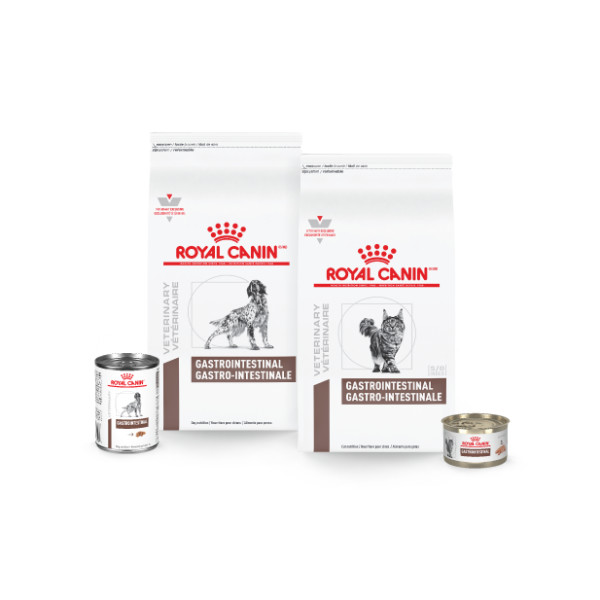
Concerned About Your Cat’s Digestive Health?
Your cat’s gastrointestinal (GI) health helps to support the rest of their body by properly digesting food, making sure they extract the nutrients needed to support their body and overall health. Your veterinarian is the expert on your cat, and you should always work with them to find the best solution so they can diagnose and discuss management options.
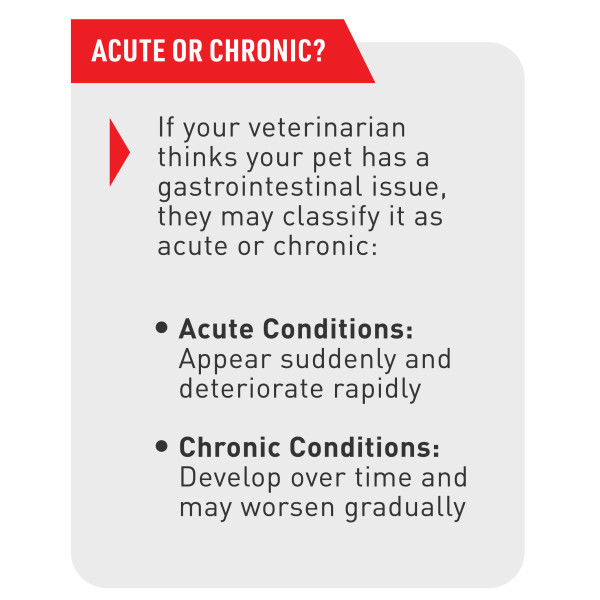
Talk to Your Veterinarian About Your Cat’s Gastrointestinal (GI) Tract
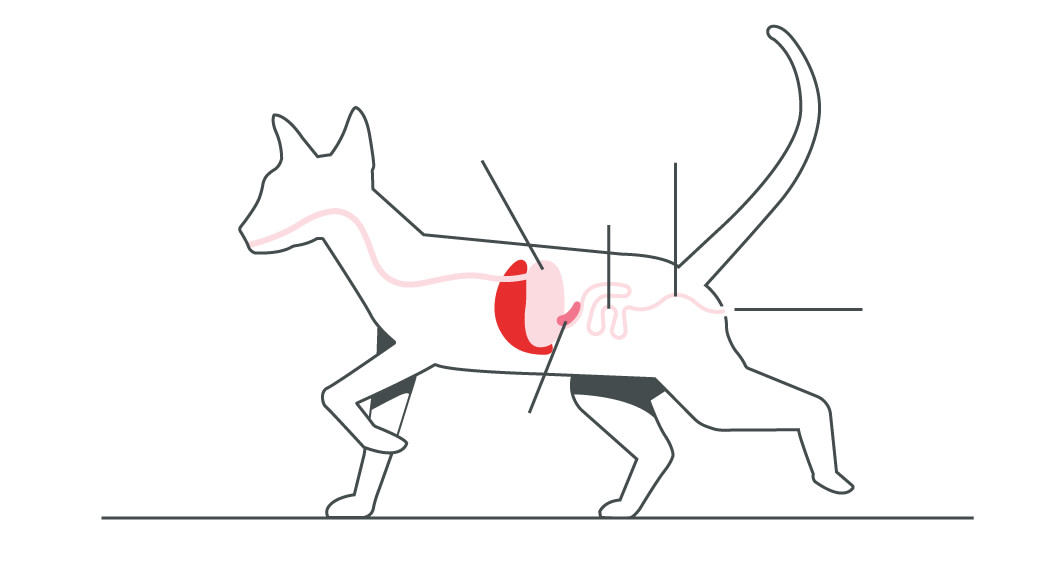
Interactive Product Tour
Back to Product Tour
1. Mouth
Where ingestion of hair and formation of hairballs can occur, due to frequent grooming
Back to Product Tour
2. Stomach
The first part of the GI tract, where inflammation may lead to vomiting
Back to Product Tour
3. Small Intestine and Pancreas
Where the small intestine is responsible for absorption of nutrients within the diet and the pancreas aids in digestion
Back to Product Tour
4. Large Colon (Transverse)
Which is responsible for forming stool
Back to Product Tour
5. Large Colon (Descending)
Which is responsible for forming stool; any alteration to this process may lead to constipation or diarrhea
Back to Product Tour
6. Rectum
Where stool leaves the body
How Nutrition Can Help
Your veterinarian may recommend a formula that is:

Rich in nutrients and easily digestible

Balanced for good digestion with a blend of fibers and prebiotics to support digestive health
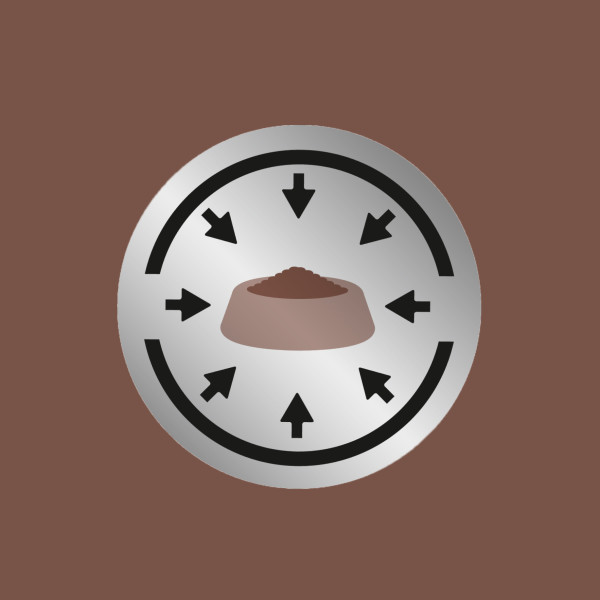
Highly palatable to encourage eating, even when experiencing a decreased appetite from a gastrointestinal upset

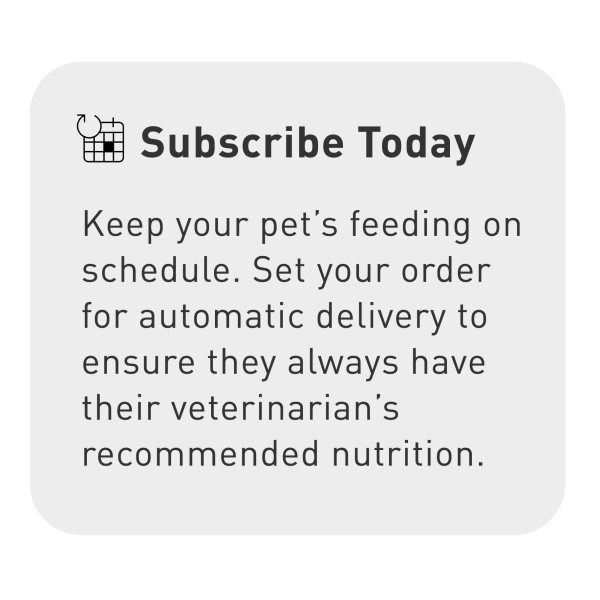

What Sets Us Apart
Through partnerships with veterinarians, we strive to learn everything we can about pet health and how formulas work with different breeds, sizes, lifestyles and therapeutic conditions. Ongoing research and development allow us to keep providing the kind of precise nutrition dogs need for a range of medical conditions.
